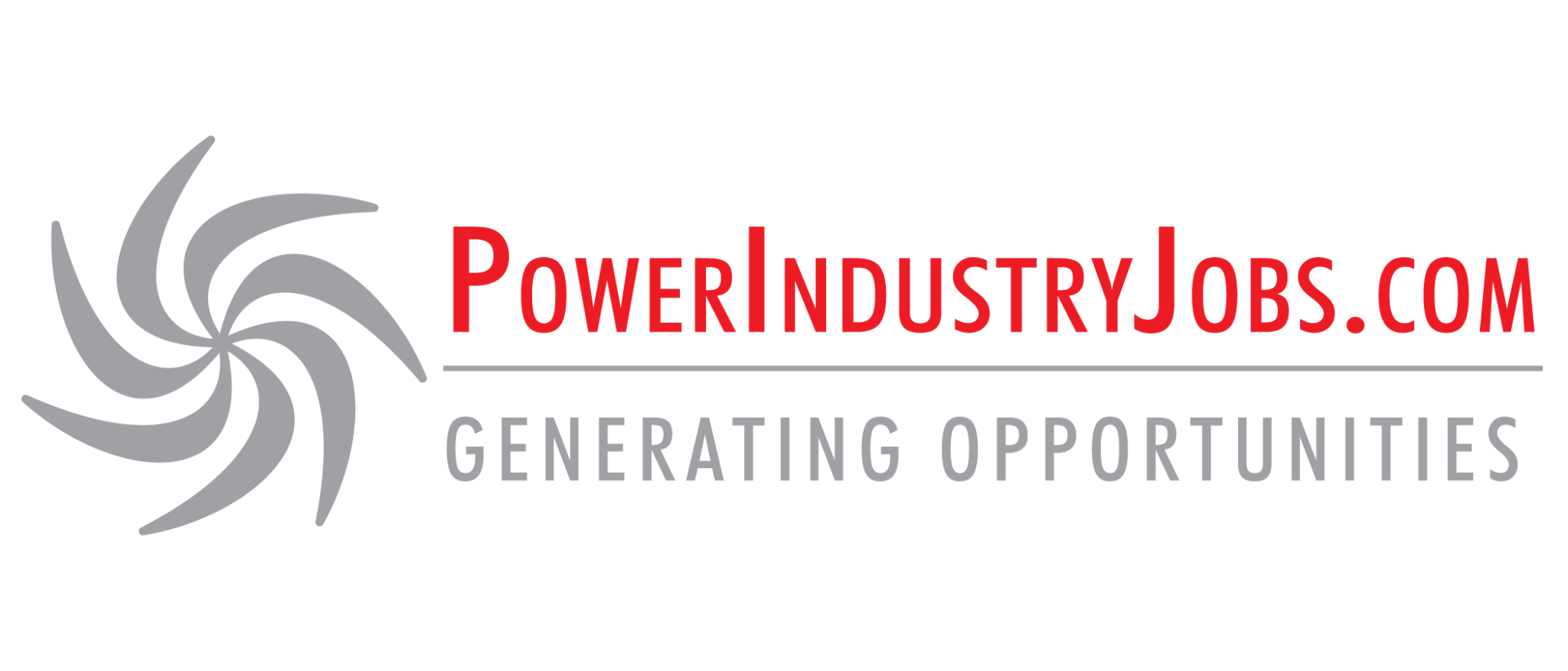Careers in Hydro Power Plants: A Complete Guide
Introduction
Hydro power plants play a vital role in the global energy system. They use water to produce electricity, making them a clean and renewable energy source. This method of power generation is not only sustainable but also reliable.
As the world shifts toward cleaner energy, hydroelectric power continues to grow. This growth creates many opportunities for individuals seeking stable and long-term power plant jobs. Whether you’re just starting or looking to expand your career, hydro power offers a wide range of paths.
In this guide, we’ll explore careers in hydro power plants in detail. You’ll learn about job types, skills required, and how to grow in the field. You’ll also discover how Power Industry Support helps people find the right hydroelectric power plant jobs with confidence.
What Is a Hydro Power Plant?
Hydro power plants generate electricity by using flowing or falling water. The force of the water turns turbines. These turbines then drive generators to produce electricity.
Most hydro power systems are built around dams. The dam stores water, and when released, the water flows through turbines. This process is efficient, renewable, and produces no harmful emissions.
Hydro power is one of the oldest forms of energy. Today, it continues to be a major source of electricity in many countries. Because of its stability and low environmental impact, hydro power is in high demand.
Types of Jobs in Hydro Power Plants
Hydroelectric power plants require many different roles to function. Each position plays an important part in making sure the plant runs smoothly.

Here are some of the most common jobs:
- Turbine Operators: They manage turbine performance. They monitor pressure, speed, and flow to ensure efficiency.
- Maintenance Technicians: These workers perform repairs and routine checks on mechanical systems.
- Electrical Engineers: They design, test, and oversee the electrical systems used in power generation.
- Civil Engineers: They help with plant infrastructure, including dam design and structural maintenance.
- Control Room Operators: They monitor data from across the plant and make real-time decisions.
- Environmental Specialists: These roles focus on reducing the plant’s impact on the local ecosystem.
- Safety Officers: They make sure all workers follow health and safety rules.
Each role has its own requirements, but all share one thing in common—they support clean, reliable energy production.
What Skills and Education Do You Need?
Hydroelectric jobs require a mix of technical knowledge and soft skills. Some positions may require a degree, while others are open to individuals with certifications or hands-on training.
Here are the general qualifications:
- A degree in mechanical, electrical, or civil engineering for engineering roles
- Certifications in electrical work, safety, or turbine operation
- Knowledge of control systems and power distribution
- Good problem-solving and communication skills
- Willingness to work in shifts and handle high-pressure situations
Soft skills are just as important. Teamwork, attention to detail, and a safety-first mindset are key.
Some roles, such as general maintenance or support technician, are accessible with vocational training or apprenticeships. Others may require years of experience and specific licenses.
Entry-Level Roles vs. Advanced Positions
Not all roles require experience. If you’re new to the industry, there are many ways to get started.
Entry-Level Positions:
- Junior maintenance technician
- Trainee operator
- General laborer or site assistant
- Apprentice engineer
These jobs offer hands-on training. You’ll learn how systems work and how to follow safety protocols.
Mid-Level to Senior Roles:
- Control room supervisor
- Senior turbine technician
- Lead engineer
- Plant manager
To move into these roles, you’ll need experience and often formal training or certification. Many workers start in junior positions and move up through internal promotions and further education.
Career Progression and Industry Outlook
The future of hydro power is bright. As governments push for cleaner energy, hydro plants are expanding. More investment means more job openings.
Also, many workers in the energy sector are nearing retirement. This will create a new wave of opportunities for skilled professionals.
The industry values people who stay up to date with the latest technologies. Automation and digital monitoring systems are being used more widely. Workers who adapt and learn new tools will find it easier to grow in their careers.
There are also opportunities to transfer your skills to other energy sectors like wind, solar, or geothermal.
Advantages of Working in Hydro Power
There are many reasons why people choose careers in hydroelectric power plants.
Here are just a few:
- Stability: The energy industry doesn’t slow down. Demand for electricity is constant.
- Good Pay: Jobs in power generation are usually well-paying and come with benefits.
- Career Growth: Many companies invest in employee training and promotion from within.
- Impact: You’ll be helping produce clean energy that powers homes and businesses.
- Team Environment: Most roles involve working closely with others, which builds strong support networks.
Hydro power jobs also offer the chance to work outdoors and in different regions. For those who like variety and a hands-on career, this can be very rewarding.
How Power Industry Support Helps You Succeed
At Power Industry Support, we focus on matching people with the best power plant jobs in the energy sector.
Here’s how we help job seekers stand out:
- Focused Job Listings: We provide updated listings of roles in hydro power plants and beyond.
- Career Guidance: From resume writing to interview prep, we support you at every step.
- Industry Insights: We share updates and trends in the power industry so you stay ahead.
- Strong Partnerships: We work directly with leading companies. This ensures you access real opportunities—not just postings.
- Flexible Options: Whether you’re seeking short-term contracts or long-term careers, we can help.
Our network includes opportunities across engineering, operations, safety, and maintenance. We understand what both companies and workers need, and we make those connections possible.
Final Thoughts
Hydro power is a growing field with many career opportunities. Whether you’re just entering the workforce or bringing years of experience, there’s a place for you in this industry.
Hydroelectric power plant jobs offer stability, good income, and the chance to make a real impact. As the world turns to cleaner energy, skilled workers in hydro power are more important than ever.
At Power Industry Support, we’re committed to helping individuals find the right power plant jobs. Our tools, experience, and connections make your job search smoother and more effective.
